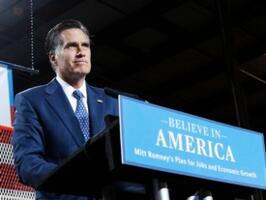Turbulent Tykes Torture Other Travelers By Froma Harrop
The now storied Alaska Airlines flight from Seattle to Miami has opened debate on unruly children in crowded airplanes. It seems a 3-year-old, having had his iPad removed in preparation for takeoff, threw a tantrum. Sitting with his father, Mark Yanchuk, little Daniel would not be calmed and refused to properly wear a seat belt. His mother, grandmother and a 1-year-old sibling had escaped to first class.



